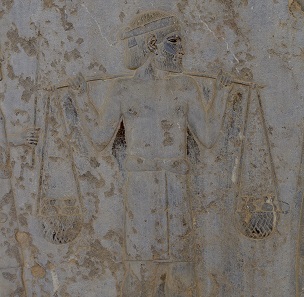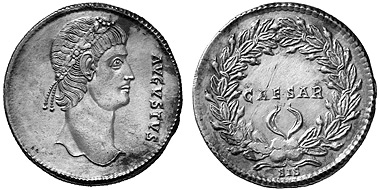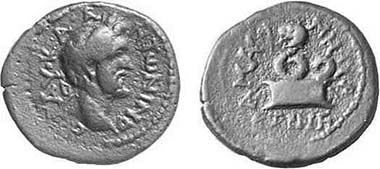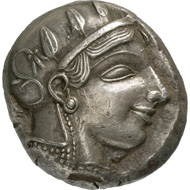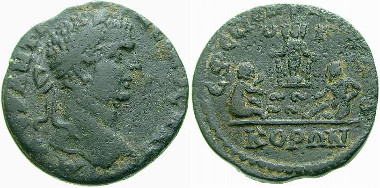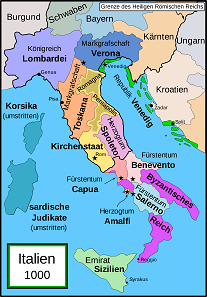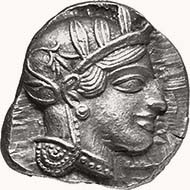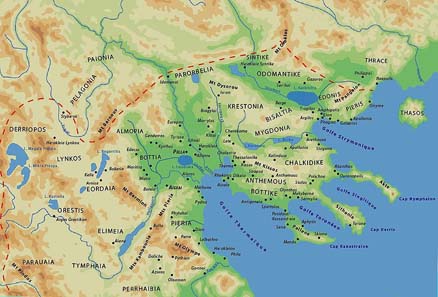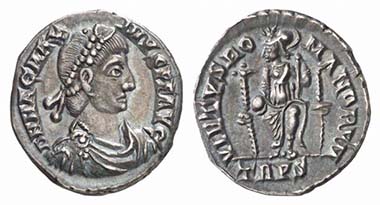Greek mercenaries in Persian service
In auction 304, the Osnabrück auction house Künker offers a series of early Persian coins showing portraits of kings and satraps, including four of the enigmatic tetradrachms of Athenian type with small portraits or Aramaic lettering. They are likely to have been produced under Persian orders for paying Greek mercenaries.







